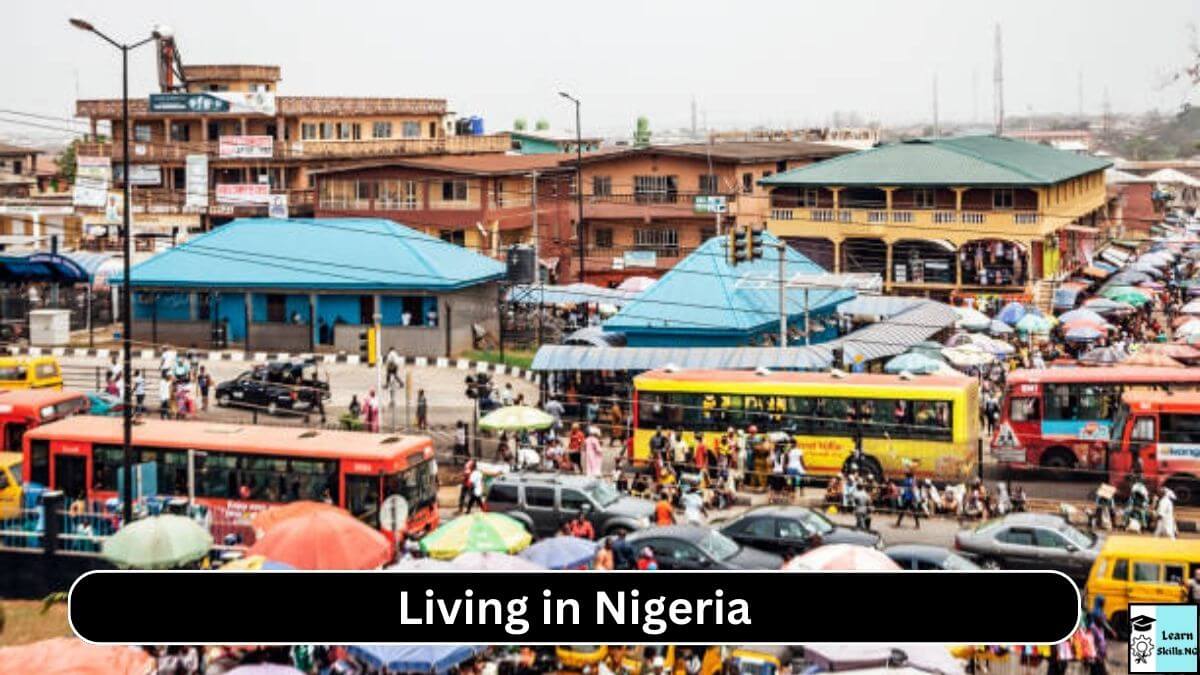How much do you need to live comfortably in Nigeria?
For anyone considering living in this vibrant country, understanding the cost of living is crucial to ensure a comfortable lifestyle.
The amount needed to live comfortably in Nigeria can vary significantly depending on the city, lifestyle, and personal preferences. In major cities like Lagos or Abuja, a single person might need around NGN 150,000 to NGN 300,000 per month to cover rent, utilities, food, transportation, and other basic expenses. For a family, this amount could increase to NGN 400,000 to NGN 700,000 per month. In smaller cities or rural areas, the cost of living can be considerably lower.
What did it take to live comfortably in Nigeria?
Accommodation
One of the most significant expenses is accommodation. Renting a modern, well-located apartment in cities like Lagos or Abuja can range from ₦500,000 to ₦2,500,000 per year, depending on the neighborhood and amenities. In less metropolitan areas, rents can be significantly lower, ranging from ₦200,000 to ₦800,000 yearly.
Utilities and Internet
Utilities, including electricity, water, and waste disposal, generally cost around ₦15,000 to ₦30,000 monthly. Internet services are essential for many, with reliable broadband packages priced between ₦10,000 and ₦25,000 per month.
Groceries and Dining Out
Grocery costs can vary, but an average monthly budget for a small family might range from ₦30,000 to ₦70,000. Dining out is also relatively affordable; while a meal at an inexpensive restaurant could cost around ₦500 to ₦1,500, dining at a mid-range restaurant might set you back ₦3,000 to ₦7,000 per person.
Transportation
Transportation expenses depend on the mode and frequency of travel. Public transportation, like buses and shared taxis, is quite affordable, costing around ₦100 to ₦500 per trip within cities. For those who prefer private transportation, owning a car involves additional costs for fuel, maintenance, and insurance, amounting to approximately ₦20,000 to ₦50,000 monthly.
Healthcare
Healthcare is another critical consideration. While public healthcare is available, many opt for private healthcare for better quality services. Health insurance plans vary, but a reasonable estimate would be around ₦10,000 to ₦40,000 monthly for decent coverage.
Education
For families with children, education costs are a significant factor. Public schools are more affordable, but private schooling, which many expatriates and middle-class Nigerians prefer, can range from ₦50,000 to ₦500,000 per term, depending on the institution.
Entertainment and Leisure
Entertainment and leisure activities are relatively affordable. Monthly costs for going out, movies, and other recreational activities might range from ₦10,000 to ₦30,000, depending on personal preferences.
Total Monthly Budget
To sum it up, a single person might need around ₦150,000 to ₦300,000 monthly to live comfortably, while a family of four might require between ₦300,000 to ₦700,000, considering moderate expenses across the different categories.
Conclusion
Living comfortably in Nigeria is attainable with careful planning and budgeting. While costs can vary significantly based on lifestyle choices and location, having a clear understanding of these expenses can help in making informed decisions to ensure a good quality of life in this dynamic and diverse country.














Post Comment